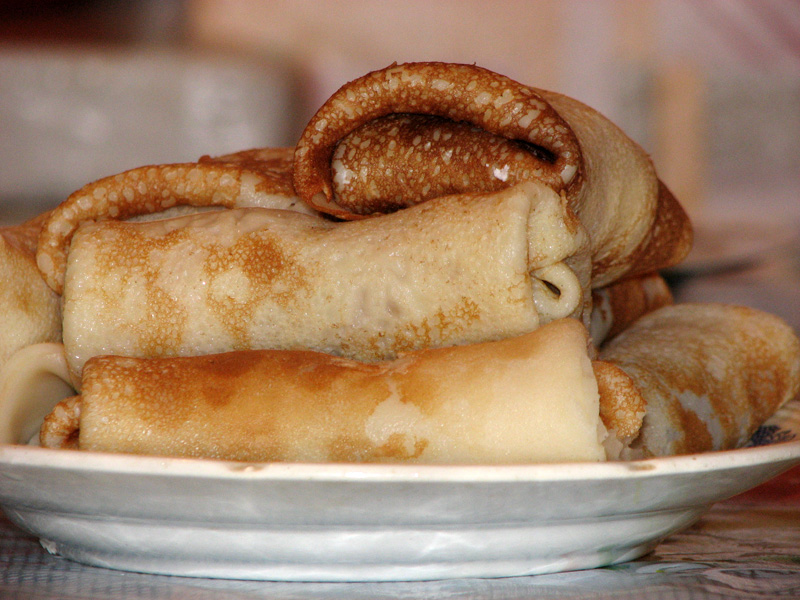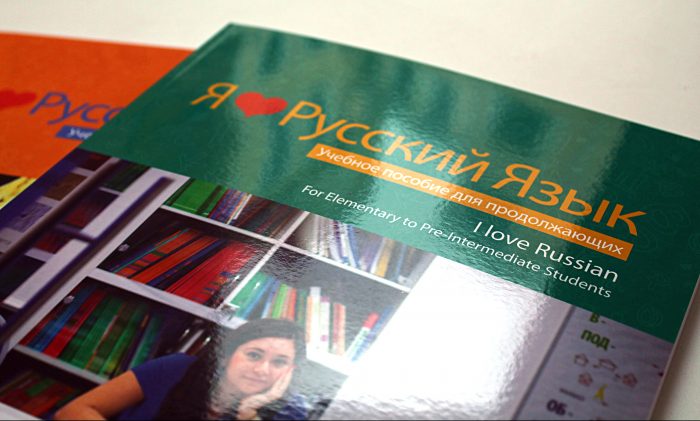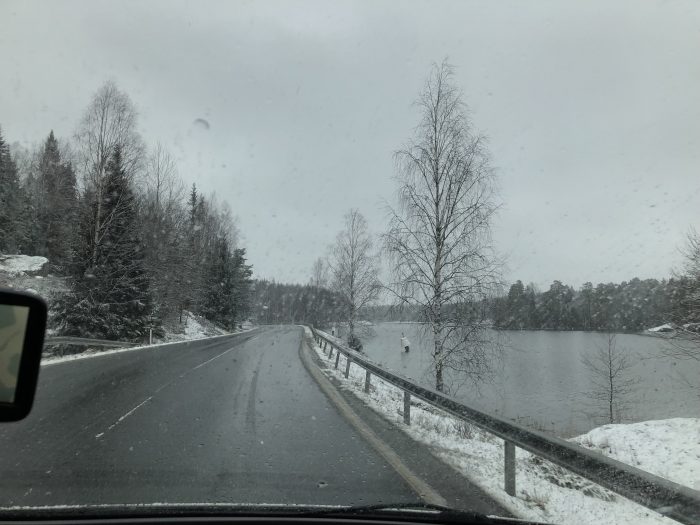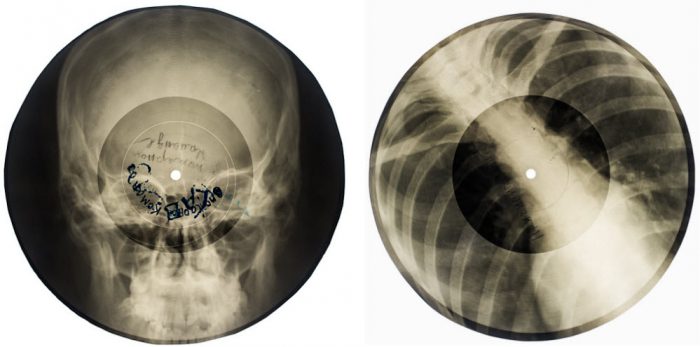
If you have ever been to Russia, I am sure you have tasted their famous bliny (блины). For those who haven’t tasted them, they are basically pancakes but as thin as French crêpes. They can be sweet or salty, you can have them for breakfast or for dinner, and it is a very popular street food in Russia. It is easy to get them – not so easy to stop eating them. But, what if I told that there is no need to stop? Well, as a rule somehow you will have to stop. But there is a week during which you are allowed to eat bliny non-stop, for breakfast, lunch and dinner. It is called Maslenitsa (Масленица) and it is the eighth week before the Orthodox Easter, right before the Lent.
As most of Russian feasts, Maslenitsa has both a Pagan and a Christian origin. From the Pagan side, it was a way to celebrate the end of winter and to welcome spring. From the Christian side, it is a week of delights & celebrations, where you shouldn’t eat meat, before the Lent, a period of 40 days before the Orthodox Easter where dairy products, meat and eggs are forbidden. Since this looks like a very tough task for those who love Russian cuisine (which includes a lot of dairy products) and are also very religious, the Maslenitsa is a way to celebrate before a long period of abstinence. Bliny is the main dish because there is no meat in their main recipe and, for the pagan tradition, they symbolize the sun. In the Pagan tradition, it was also called “Komoyeditsa”, “Kom” being an old Russian word for “bear” and this name can be translated as “feeding the bear”. Bears used to be considered masters of the forest and people thought they would “feel” the spring coming so they would wake up from hybernation, so they just offered them pancakes as a way to greet spring!
Every day has a sort of theme – so on Monday they used to start celebrating by playing music and building a gigantic stuffed effigy that they are going to burn on the last day. On Tuesday you are supposed to go out on a sledge ride, on Wednesday is just more indulging in bliny and sweets. Thursday is for physical activities while on Friday you should visit you relatives. On Saturday young wives host parties and then on Sunday you have the climax, with huge parties and lots of food – a nice weekend plan, right?
And also, do you remember the stuffed doll we mentioned earlier? On Maslenitsa Sunday it is finally time to say goodbye to winter by burning it down to ashes and eating even more than during all the rest of the week – bliny of course. The last day is also for forgiveness, so people usually take time to apologize if they had done something wrong to someone.
So what do you think? Are you going to take the challenge and eat just bliny for a week? Will your Russian improve after this full immersion? Maybe not, but it is a nice way to greet spring for sure! Check out our article about Russian sweets , just in case at some point you get tired of bliny during your Maslenitsa challenge.
Photo by Loyna (Own work) [CC BY-SA 2.5 (https://creativecommons.org/licenses/by-sa/2.5) or CC BY-SA 3.0 (https://creativecommons.org/licenses/by-sa/3.0)], via Wikimedia Commons

Students will be happy to learn that the Russian Government has today announced plans to make Russian language easier in an effort to simplify greater international engagement. …

In a previous post, we revealed that Russians don't really say “na zdarovje” when they toast. While the phrase has been popularised in English language media – and a lot of Russians will nod politely and clink glasses with you if you use it – it’s not something a native speaker would ever…

Improve your Russian while working as an expat? Mission possible! …

What could be a better way for Russian immersion than reading, especially when you read the books that you find interesting and that can give you a better idea of the culture of Russia? Co-founder of Liden & Denz, Walter Denz shares his experience on how reading Russian literature can improve your…

Learning a language is hard. Keeping it when you don't have classes is even harder. So this article is not about how to learn Russian, but how to maintain your Russian. …

I love Russia. I have been living in St. Petersburg for almost two months, and after travelling all around the world it feels like I have finally found a place where I would see myself settling down. The inexorable beauty of the streets, the architecture, the importance of art and culture, the water…

Oh, the Russians! I was recently watching the last season of Stranger Things and, to my surprise, Russians are quite present there. For those of you who might not be familiar with the TV series, it is set on an American town during the 80s. And what do we recall from those times? The unique fashion…

In an attempt to improve my Russian skills, I decided to start watching a TV series in Russian. After thorough research, the result of which you can read on my post about how to learn Russian with Netflix, I decided I would start watching Fartsa. I am no sure of how much Russian I am learning thanks…